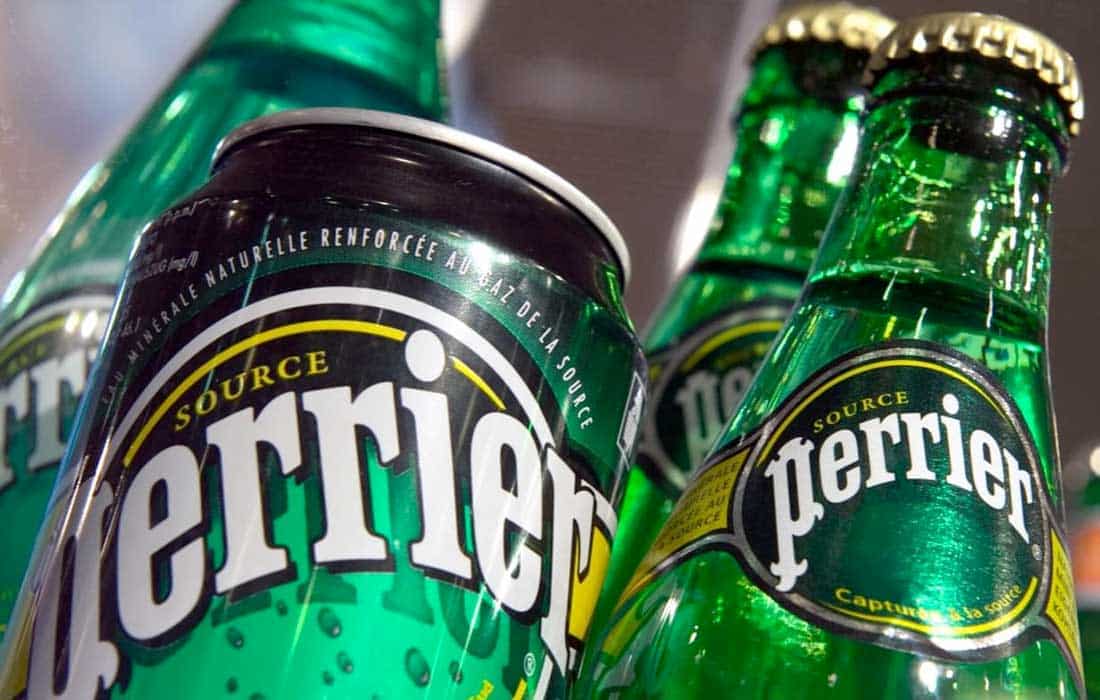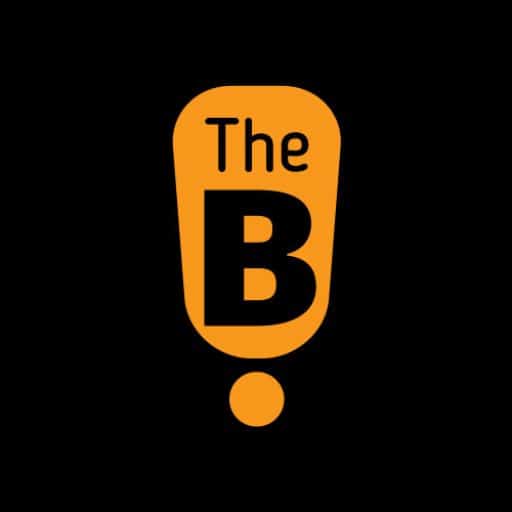PARIS: Perrier water is facing serious scrutiny after French health authorities discovered contamination in more than 300,000 bottles from its Vergèze plant in Occitanie. The contaminated bottles were found to contain intestinal bacteria, including strains of E. coli, sparking major concerns over the brand’s hygiene practices.
An internal inspection on March 11 flagged the contaminated bottles, which were part of batches produced on March 10 and 11. The company halted distribution immediately. Further issues emerged when another batch of 395 pallets was found to have a cap defect. More bacterial contamination was detected again on April 10, involving 1,018 pallets.
Despite earlier similar findings in February and March, the products were cleared after joint tests by the Regional Health Agency (ARS) and Gard Prefecture. But this new round of contamination raises bigger questions.
Nestlé Waters, which owns Perrier, claimed some bottles were quarantined due to minor natural flora changes or technical errors, insisting they posed no health risk. However, under France’s strict rules for “natural mineral water”, any treatment or contamination—even if not harmful—could strip Perrier of its premium classification.
The scandal deepens as the Paris Public Prosecutor’s Office confirmed receiving a formal complaint from the Directorate-General for Competition, Consumer Affairs and Fraud Control (DGCCRF), triggering a criminal investigation under Article 40 of the French Code of Criminal Procedure.
This also comes amid controversy over Perrier allegedly using disinfectants in “natural” water—a banned practice under mineral water rules, even if safe.
A parliamentary inquiry formed in November to examine bottled water industry practices is expected to release its final report on May 19, which could have serious consequences for Perrier’s standing in the market.














